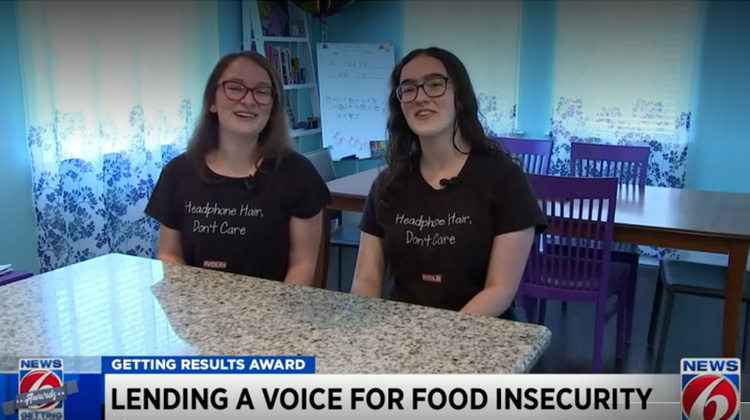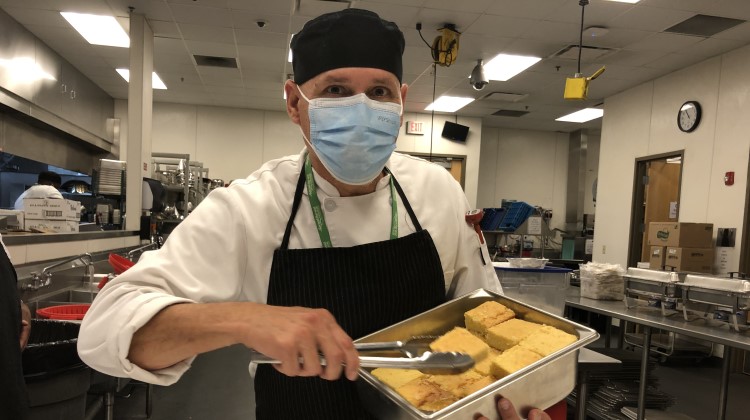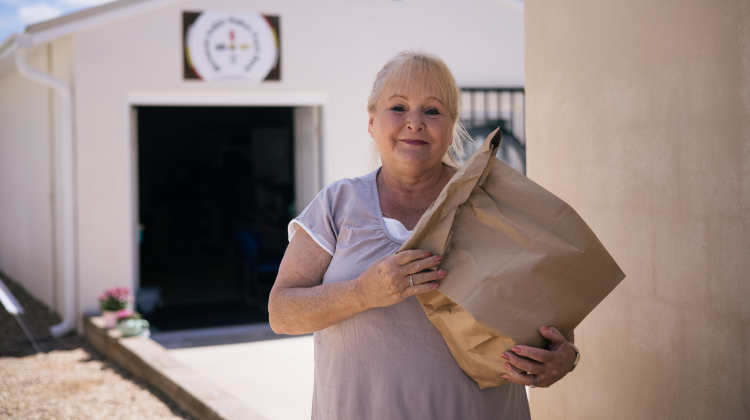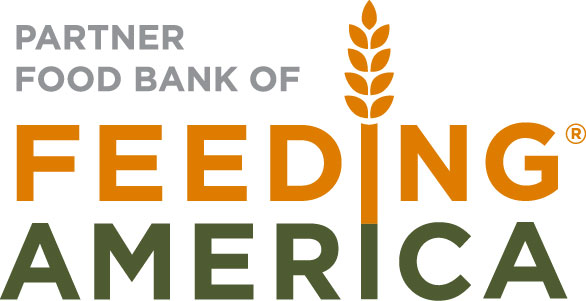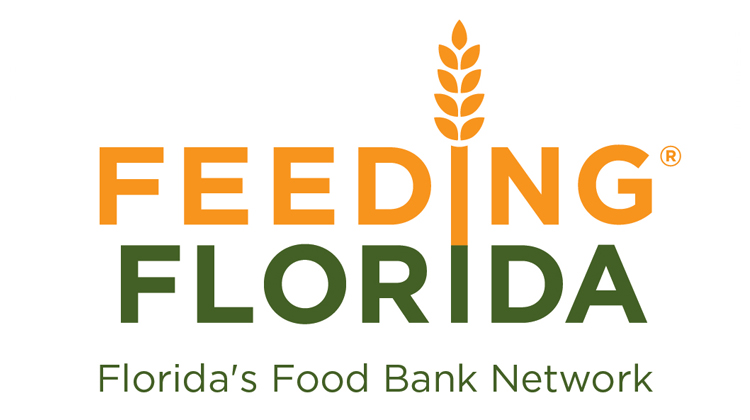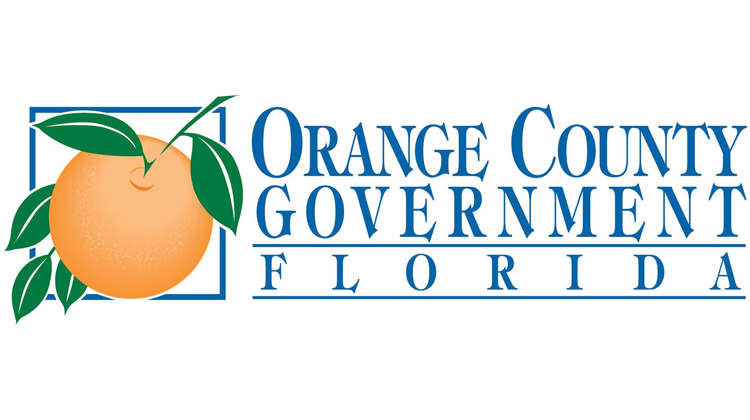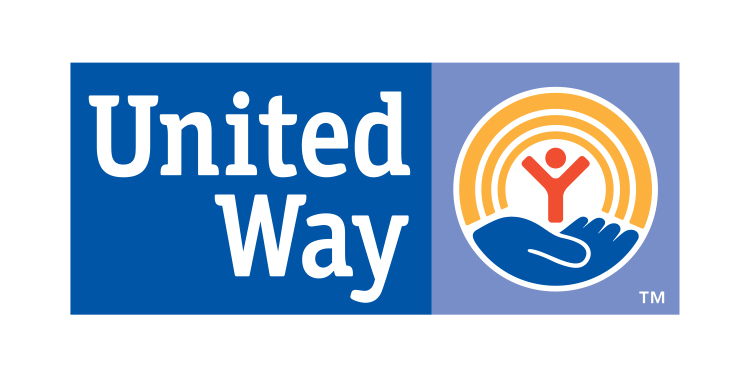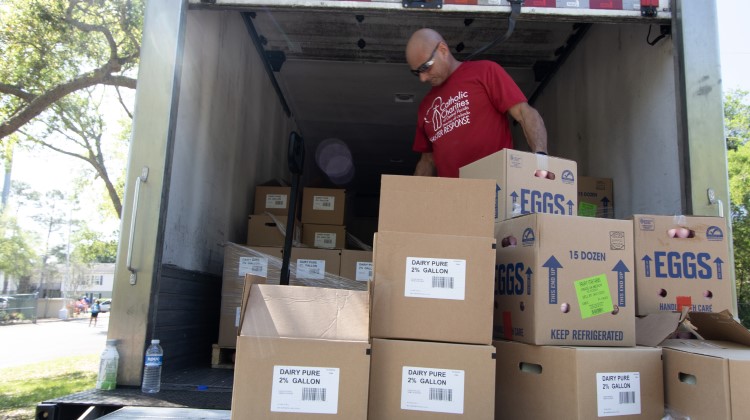
Thank you to Central Florida Foundation for convening important conversations around the issues that define our response to and recovery from COVID-19. Second Harvest Food Bank President/CEO Dave Krepcho recently joined community leaders in sharing insight on how COVID-19 has intensified existing hunger and housing issues.
Here’s a recap of their conversation and resources available in the community:
• Current food statistics – Prior to the pandemic there was already a food insecurity issue – the demand has now more than doubled. Before COVID-19, Second Harvest Food Bank received 35 requests online per day for food assistance. Now, there are about 1,200 online requests per day and this does not include phone calls. Today, Second Harvest is serving 300,000 meals every day, and this still does not meet demand.
• Current supply – As people are sheltering in place and eating more meals at home, the food supply chain is slowing down, meaning less availability of food for Second Harvest Food Bank from grocery stores. (If you’re wondering about food waste, keep reading in the next section).
• What the data says – “The Missing Meal Gap” revealed that at a high unemployment rate, less the food assistance from SNAP, schools, food banks, etc., there are an additional 469,000 missing meals per week – this has a price tag of about $1 million per week. This is a huge gap, and there has to be new solutions.
• The Housing Impact Fund – Funding is a huge challenge for the local housing crisis. The Housing Impact Fund is designed for over 10 years to build, renovate and rescue 25,000 multi-family and single-family homes. This would support the housing trusts, affordable housing builders and to incentivize private developers to build more workforce housing. More housing inventory means more affordable housing for the nearly 50% of residents in the region that spend more than 30% of their income on housing.
• Resources – Find resources from Second Harvest Food Bank HERE.
Planning for Tomorrow
• Innovation matters – Now more than ever, innovation is key. For example, Second Harvest has implemented a food delivery system to get food to those who need it most. We have to remember, housing and hunger are huge, hairy issues that require focus on the systems as a whole to make real change.
• Food waste – With the food demands shifting with COVID-19, food is being plowed back into fields. Community leaders like Second Harvest and local entrepreneur John Rivers have creative ideas on how to utilize this food and distribute them to the region. It can be done but requires community support to rescue millions of pounds of produce.
• What housing might look like – With COVID-19 slowing the growth of Central Florida that was intensifying the housing crisis, this could help alleviate the rising costs of housing prices. As a result, luxury apartments might have to lower rent rates and on the flip side, others might be facing foreclosures and evictions.
• Funds for housing – the state of Florida planned on funding the Sadowski Funds in full this year. This could change as the state looks at covering the costs of COVID-19. Local jurisdictions and corporations could also adjust their commitments as the region recovers from COVID-19.
• Last thoughts – Solutions like social impact investments could be the answer for higher net worth individuals and philanthropists to support the issue in a different way. This is a war, not an battle, and is a 20 year fight. An economy and long-standing system can’t change in 3 weeks so we must keep at it.


